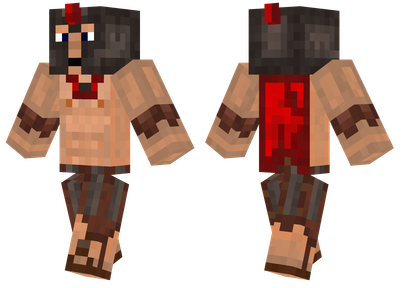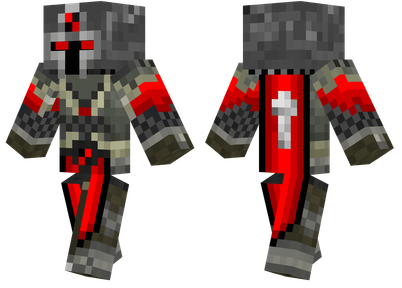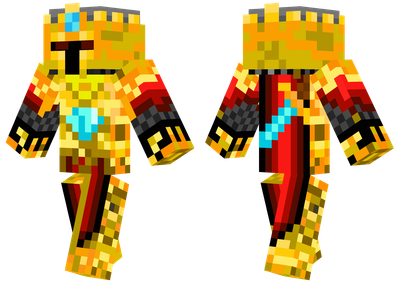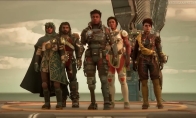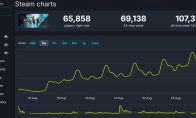In the early days of this generation, Sony announced plans to launch 10 real-time service games, aiming to enrich its first-party product lineup and generate substantial sustained revenue.However, a year has passed since the release of the first-person shooter Concord failed and was quickly out of service, and the incident prompted the platform holders to make a comprehensive adjustment to their internal strategies.
In an interview with the Financial Times, Hermann Hulster, head of PlayStation Studios, outlined the changes the company has taken to avoid repeating the same mistakes.He hinted that the company no longer focuses on the number of real-time service games, but focuses more on providing a diverse and high-quality experience.
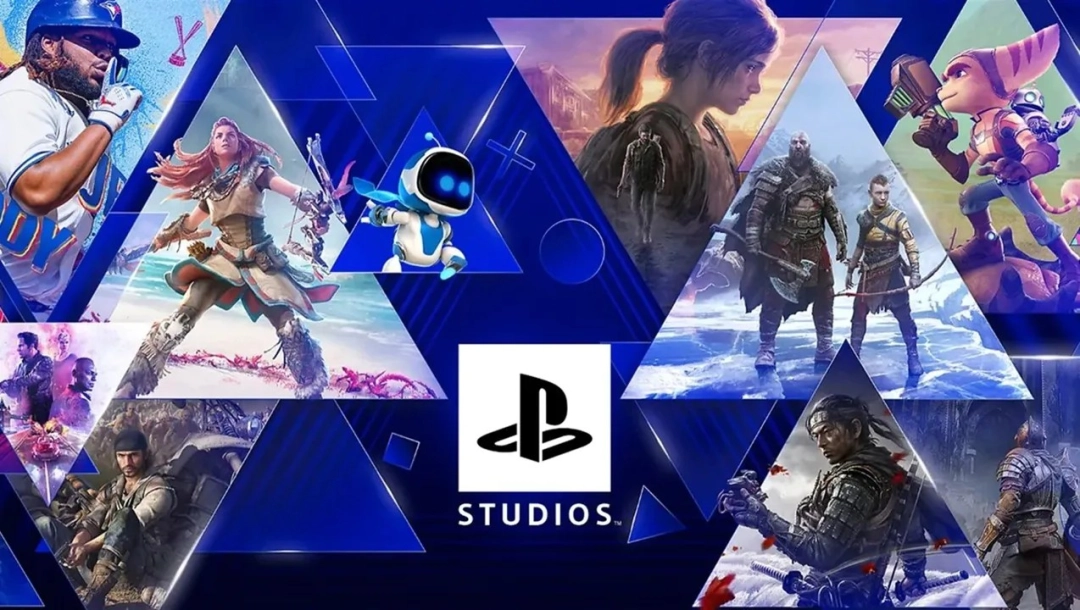
"The number of live-service games isn't that important. It's important for me to provide players with a diverse experience and build different community of players. Since then, we've implemented more stringent, more frequent testing in a variety of ways. The benefit of each failure is that people now realize how necessary this kind of oversight is."
PlayStation is now conducting more collective testing, encouraging intelligence sharing among studios and promoting closer relationships between executives.But for Sony, especially Hulster, the challenge is how to get its developers to use their creative talents while still following the company's overall goal of sustained growth.
"I don't want the team to always play security cards, but I want us to fail early and at low cost when we fail," he said, which may explain the recent cancellation of a large number of projects within PS Studios; it is understood that Bluepoint, Bend Studio and Firesprite have all been put on hold - which may be acknowledging that it's better to stop losses early than to delay it until it's too late.

When it comes to new intellectual property, Sony seems to be more focused on the overall situation.It is not enough to launch a good game just by itself, it also needs the potential to be adapted into various forms such as animation, movies, TV series, comics, etc.
It is worth noting that PlayStation's first-party studios are now focusing on building a brand strategy that can help sales hosts and help Sony become an entertainment giant.This undoubtedly explains why the company focuses on series like God of War, Horizon and the upcoming Physint - all of which have the potential to develop across media.
What do you think about this? Do you think Sony's strategic transformation will be effective?Welcome to the comment section for discussion.







